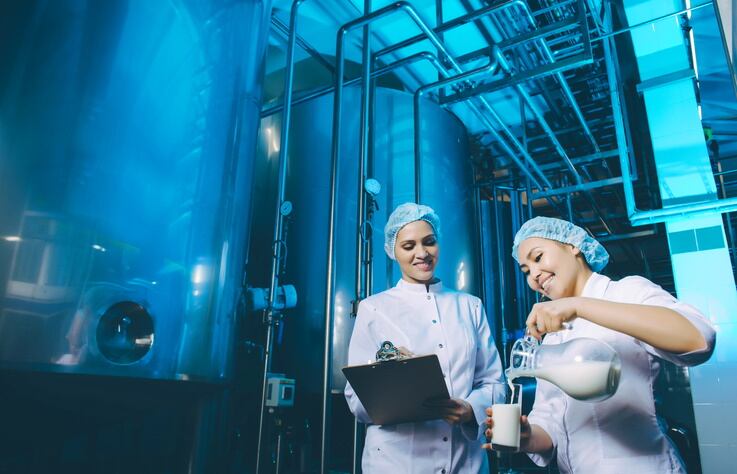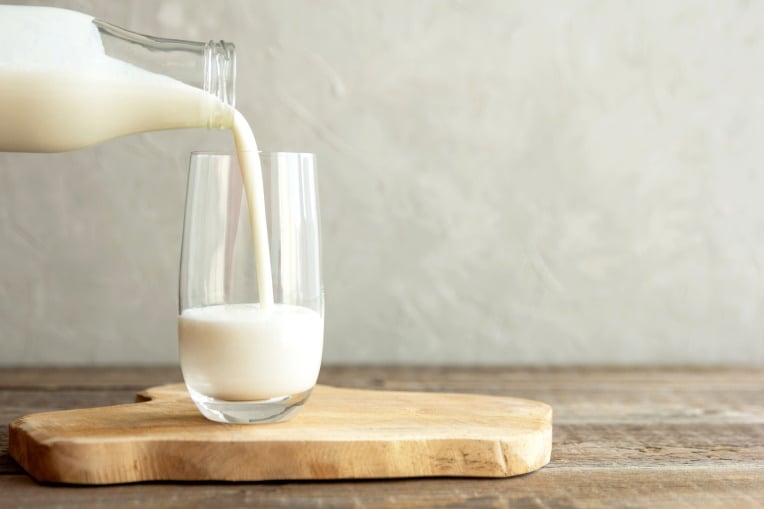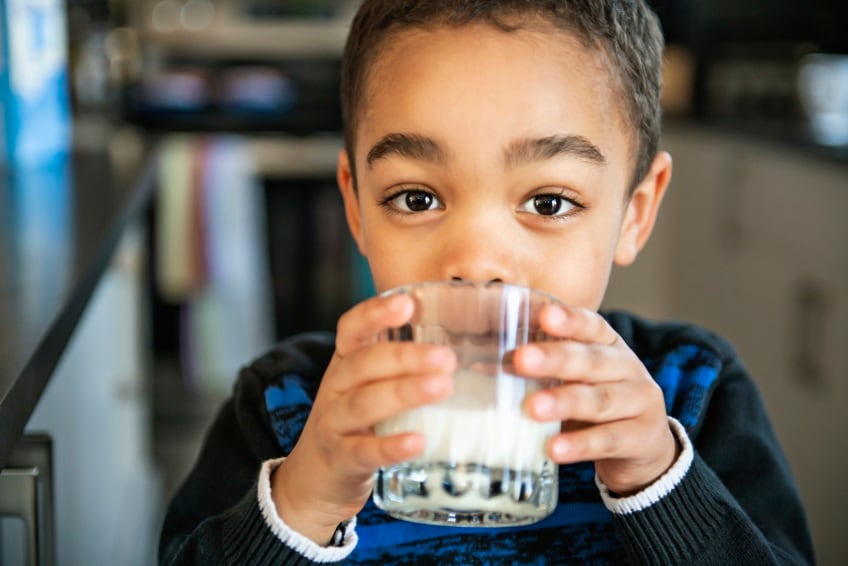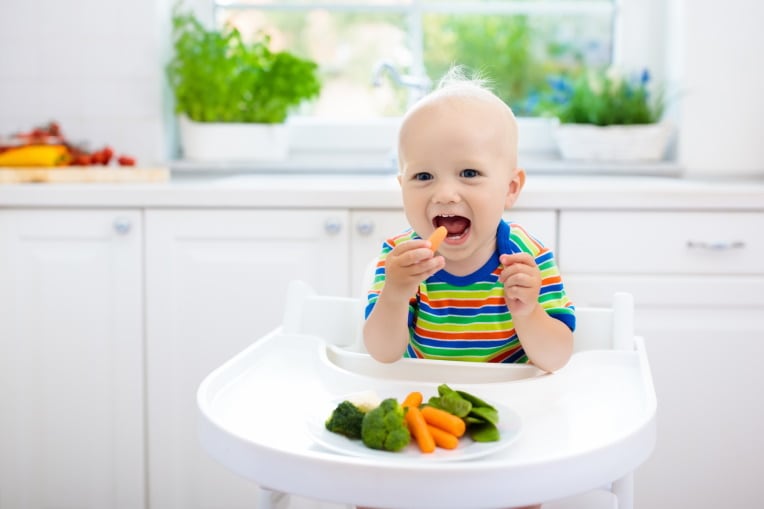Lyras' innovative technology is based on ultraviolet light, which it uses to remove bacteria in products like milk without heat treatment.
“We use UV light technology,” Chief Commercial Officer Stefan Nielsen told FoodNavigator. “UV is proven to be a very reliable and stable method to use for killing bacteria, viruses, etc,” he said, noting that UV has previously been used to treat drinking water. However, in the past it has not been possible to treat ‘less transparent’ liquid like milk or juices.
Lyras’ technology has changed that. “We have spent several years developing a unique technology, using a patent protected light filter in between the UV lamps and the product flow (the coils within the liquid flows). Using this UV light filter allows us to only let through the precise wavelength needed without comprising the product quality. Hence this is the biggest reason we can treat so many products today, with perfect micro biological results and maintain the original good flavour, proteins, antioxidants and the like.”
While it has been shown that heat pasteurisation has little effect on the nutritional make-up of liquids like milk, the COO explained the same can be said of Lyras’ approach. “The cold pasteurization is very gentle, and any products being treated keeps its natural properties. When we can avoid exposing the product – like milk – to heat, we can maintain the original product as [it was] supposed to be.”
More efficient, safe and stable
Lyras claims it can make significant energy and water savings because it avoids heating and cooling the milk. The company suggested ‘more than 90% less energy and about 60% less water’ is used in the pasteurisation of milk, for instance.

“During normal pasteurisation you need to use significant energy for heating up the liquids to relatively high temperatures (for killing bacteria) and afterwards a lot of energy for cooling it down again quickly. We don’t need any heat using our method; hence we can save minimum 90% of the energy consumption and about 60% of the water consumption, compared to today's standard method for pasteurizing food liquids,” Nielsen elaborated.
The process can also help support efforts to reduce food waste in categories like dairy, the food tech expert continued. “Using cold pasteurisation allows the potential for obtaining longer shelve-life, hence many more products can be utilised before going to waste. [In] many places in the world, it is a well-known problem to transport the milk for longer distances and to allow an acceptable product life; especially if fresh milk quality is required.”
At the same time, the process delivers the same food safety benefits as traditional pasteurisation – or ‘even more’. “Thorough tests with our technology have proven the potential to extend the lifetime of the product and, as a minimum, to maintain a healthier product throughout normal shelf life.”
‘We can’t see why this wouldn’t become a new standard’
Lyras ‘definitely’ believes it is poised to disrupt food safety in the global dairy sector. The company has already secured deals in the US, Australia, Spain and Sweden as well as its native Denmark.
“As this is proven and starts to gain market position, we can’t see why this wouldn’t become a new standard in the market. However, it is important to emphasise that it is always good [to have] competition. We do very much hope and believe that this will become part of a greener future for the dairy industry on a global scale. This is the main reason for what we are doing,” Nielsen stressed.

Importantly, given the company is targeting a sector where margins are, Lyras is able to offer a ‘short’ return on investment, with start-up costs offset by significant efficiency savings.
“Our technology is designed and targeted for the dairy plants on a global scale. The system allows a relatively short return on investment, due to the significantly lower operation costs, such as: reduced energy consumption, reduced water consumption, increased operational hours and less cleaning and maintenance needed.
“Our technology allows not only an improved result on the product itself but also on the bottom-line for our clients. With the opportunity for creating a higher quality of the end-product we even allow our clients to offer their customers a better product and potentially another price.”
Looking to the future, Nielsen said the company wants to continue to grow its global customer base in the medium term.
“In the long-term, we aim to become the market leading technology or method to be used when pasteurizing food liquids. This is how we can make a serious difference in terms of environmental footprint and higher product quality.”



